Cannabis Edibles: Risks, Side Effects & Dangers
Cannabis edibles can carry their own kinds of dangers.
Here, you will find information all about cannabis edibles – what cannabis is made from, what cannabis edibles are, and the side effects and health risks associated with using them.
Where Does Cannabis Come From?
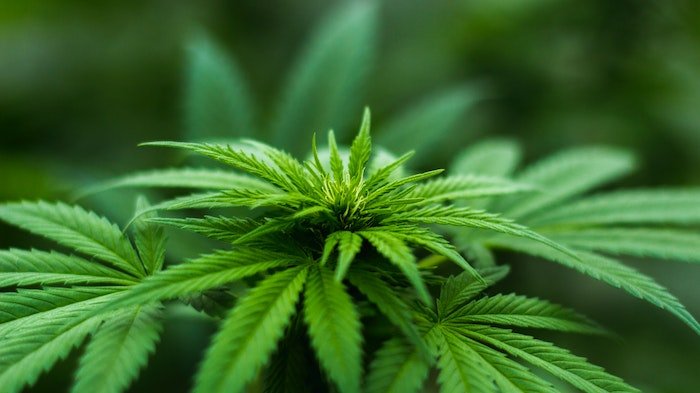
Cannabis (often also known as marijuana) is a drug derived from plants called cannabis indica and cannabis sativa.
Cannabis is made from dried plant matter.
The drug can contain:
- Seeds
- Stems
- Leaves
- Flowers
What Kind of Drug is Cannabis?

Cannabis belongs to the cannabinoid family and is known as a psychoactive drug.
This is because it has several different effects on the brain.
All types of drugs (whether legal or illegal) can be categorised into different types.
Cannabis could be classed as a depressant, a stimulant, and a hallucinogen.
Depressants are drugs that slow down messages that are sent between the body and the brain.
This means that when people take depressants, they may feel calm, as though things are slowed and mellow.
Stimulants are drugs that speed up messages that are sent between the body and the brain.
This means that when people take stimulants, they may feel alert and full of energy.
Hallucinogens are drugs that affect the way in which people perceive reality.
This means that when people take hallucinogens, they may perceive things that are not there.
Is Cannabis Illegal?
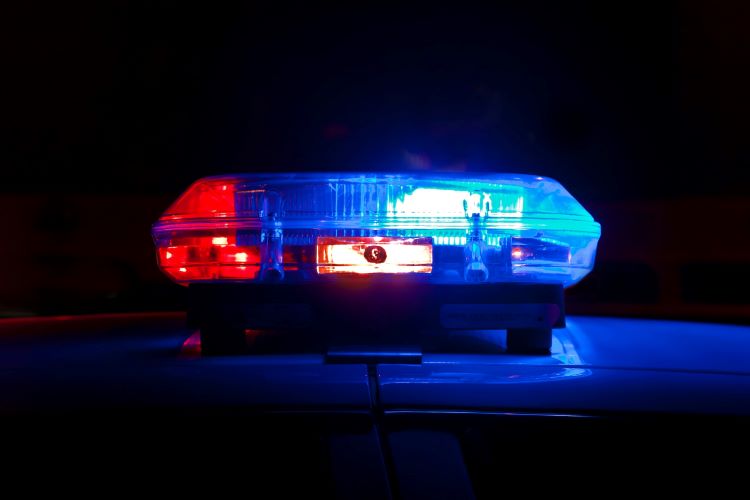
Cannabis is an illegal drug in most parts of the world.
In the UK, it is identified as a Class B drug.
This means that if you use, possess, grow or supply cannabis, there are legal consequences.
If you are caught with cannabis in your possession, you could face a fine or up to 5 years in prison.
If you are caught growing or supplying cannabis, you could face a fine or up to 14 years in prison.
Police can also give you a ‘warning’ fine of £90 if you are found to have cannabis on your person.
How Common is Cannabis Use?
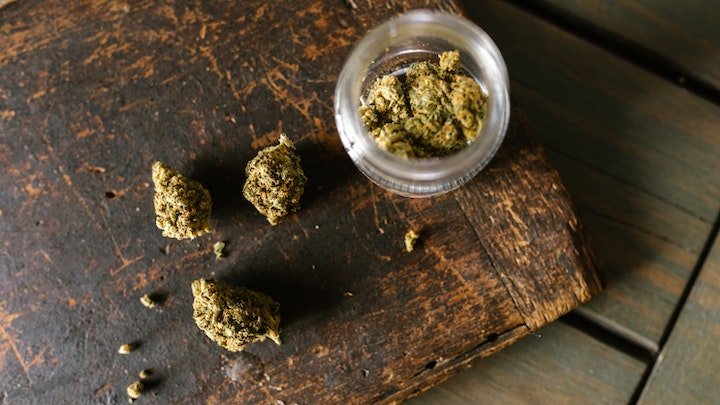
We answer this question both in terms of the UK and globally:
1. Globally
The World Health Organisation (WHO) claims that 147 million people consume cannabis yearly.
That equates to 2.5% of the global population.
2. In the UK
In a report published by the UK government, statistics show that 130,490 adults started treatment for drug addiction between 2020 and 2021.
Of these 130,490 adults, just over a fifth (21%) reported that they were seeking help for cannabis dependency.
This means that 27,304 adults sought help for their use of cannabis in 2020 -21.
This was a 5% increase from the year before.
What are the Different Names for Cannabis?
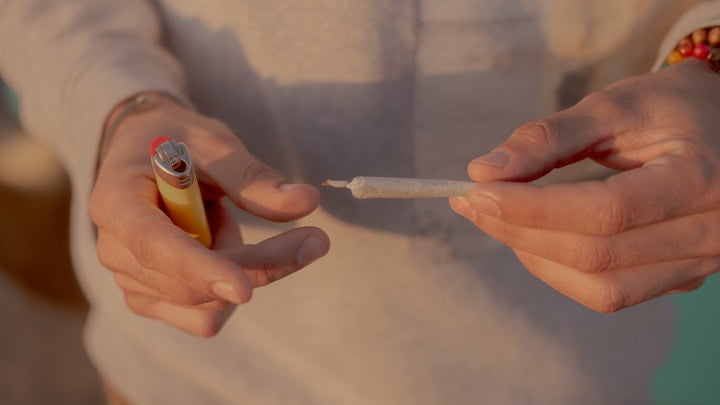
Cannabis is known by many different names.
Many of these names are slang or ‘street names’.
These can vary geographically, from country to country, and even region to region.
Some of the most popular names in the UK are:
- Bud
- Doobie
- Dope
- Ganja
- Grass
- Green
- Hash
- Hashish
- Head
- Herb
- Jive
- Marijuana
- Mary Jane
- Pot
What is In Cannabis?
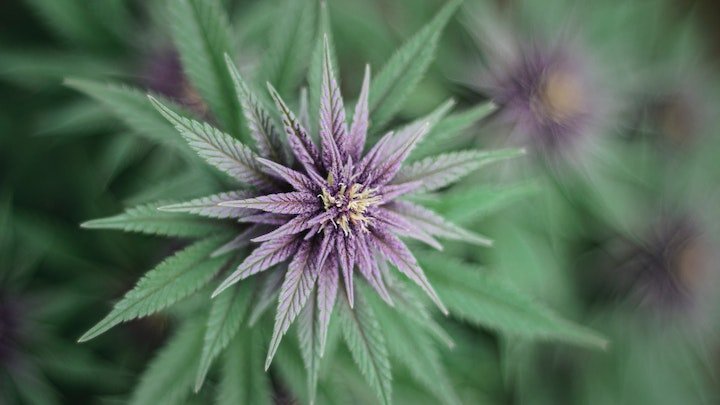
Cannabis is made from dried plant matter.
Inside this plant matter are many different chemical components.
These are known as cannabinoids.
Studies have shown that cannabis is a ‘complex plant with over 400 chemical entities, of which more than 60 of them are cannabinoids.’
Of all the cannabinoids that have been identified, the primary two are cannabidiol (CBD) and tetrahydrocannabinol (THC).
What is CBD?
CBD (or cannabidiol) is a compound found in cannabis that is not thought to have psychoactive effects.
This means that CBD is not responsible for the feeling of a ‘high’ that taking cannabis gives the user.
The use of CBD has been debated increasingly over the past number of years, with a growing number of people advocating for CBD as a treatment for conditions such as anxiety, depression, and chronic pain.
Whilst some people (including some medical professionals and clinicians) believe that CBD has health benefits, other individuals (including some medical professionals and clinicians) are wary that using CBD may still carry some adverse effects and potential health risks to the user.
Despite this, it is possible to purchase some CBD products, such as oil, legally.
However, to do this, CBD products must meet the requirements of UK law to be obtained and used legally.
What is THC?

Unlike CBD, which does not cause psychoactive effects, tetrahydrocannabinol (THC) is the cannabinoid that is largely responsible for creating a ‘high’.
For this reason, THC is known as the active chemical in cannabis.
Whilst cannabis is mainly considered to be less harmful than other drugs, over time, the amount of THC in cannabis has increased.
This means that cannabis has become more potent, and therefore potentially more dangerous to use.
THC has been linked with the following side effects:
- Changes in the brain, including memory formation
- Cannabis use disorder
- Causing and exacerbating anxiety
- Causing and exacerbating depression
- Causing and exacerbating psychosis
- Causing and exacerbating sleep disorders
What Are Edibles?
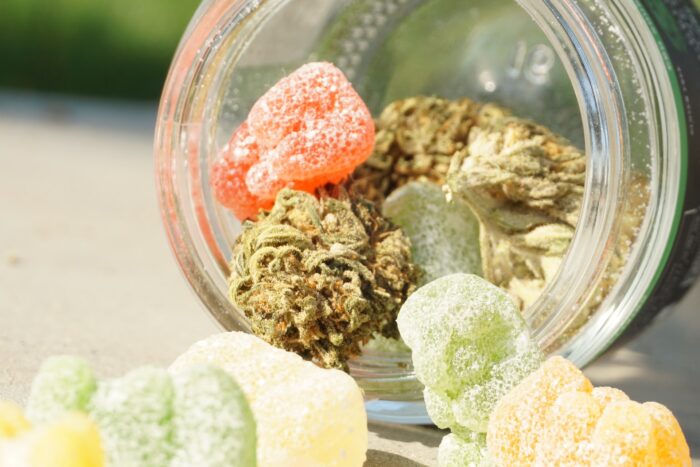
Edibles are a slang term for food products that contain edible cannabis.
Stereotypically, edibles are usually thought to mean baked goods that contain cannabis.
However, there are other forms of edibles.
These can include:
- Sweets
- Drinks
- Lozenges/ medicated sweets
- Chocolates
Edibles are consumed. As they are digested, the user will slowly begin to feel the effects of the cannabis high.
What Parts of Cannabis Do Edibles Contain?
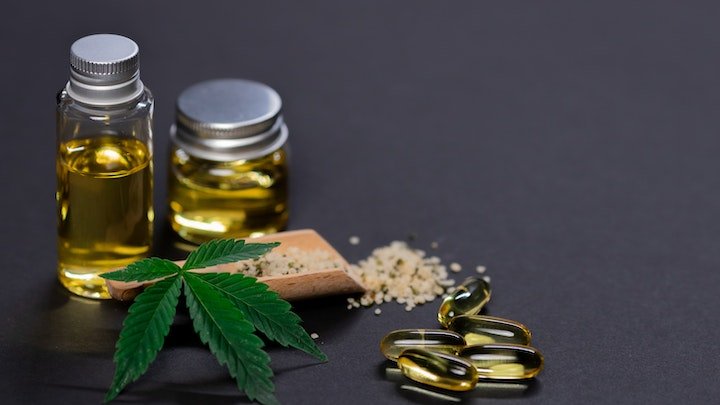
Edibles can contain both THC (the psychoactive ingredient) and CBD.
Edibles can be purchased or made at home.
Legally, CBD is allowed in the UK if it contains no more than 0.2% THC.
However, it is not always possible to tell what edibles contain.
The Risks of Consuming Edibles
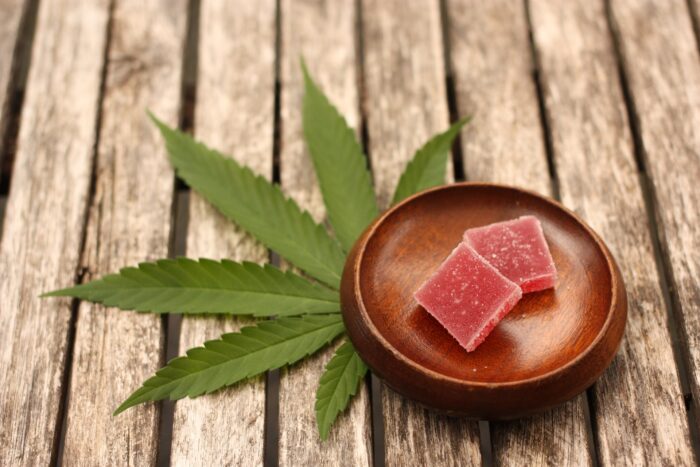
Below, we discuss the risks of consuming cannabis edibles, looking at three different factors:
1. Concentration
The packaging of ready-made edibles may claim that it has a lower amount of THC than it does in reality, in order for it to appear to abide by UK law.
If making edibles at home, it is very difficult to control how much THC is inside the edible product.
Because of this, it is very easy to consume a stronger sample of cannabis than you might expect.
2. Delay in Effect
The way in which you take a drug will change how long it takes for you to feel the effects.
When ingesting cannabis by eating edibles, the drug will first travel to the stomach, then to the liver, before it enters the blood and moves towards the brain.
This means that it takes longer for the effects of edibles to be felt in comparison to other modes of taking cannabis.
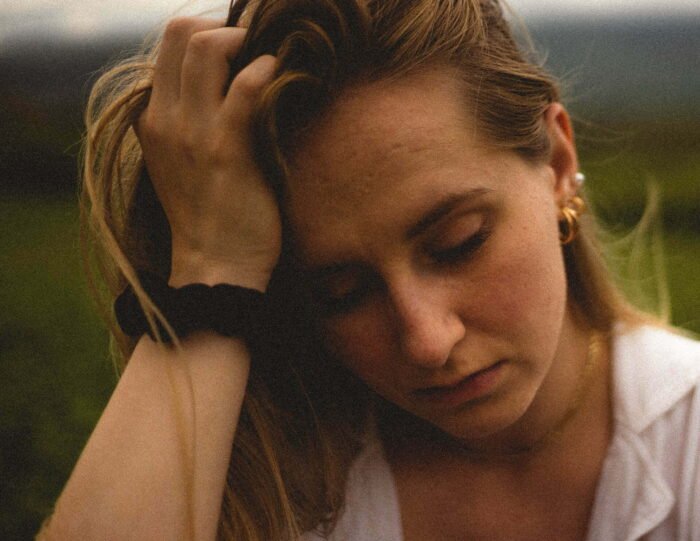
3. Timeline
- If you eat an edible, it is likely that you will begin to feel it between 30 minutes and 2 hours after eating
- The peak of the drug’s effects will be felt around 4 hours after you eat an edible
- The effects can be present for up to 12 hours
- You may feel ‘leftover’ effects for up to 24 hours after first consuming the edible
Because it takes longer to feel the ‘high’ with edibles, there is a risk that you may consume more to feel the effects.
There is then a risk of accidentally taking more than is intended, experiencing a much stronger effect as a result.
Interactions
Like with the use of any drugs, there is a risk that edible cannabis products can react negatively with other drugs you have taken (prescription or otherwise).
Some drugs can cause negative interactions with cannabis, including:
- Medications for hypertension
- Medications for heart problems
- Medications for blood thinning
- Alcohol
- Opioids
- Antipsychotics
Are There Other Methods of Taking Cannabis?

As well as being ingested in edible form, it is possible to take cannabis in several different ways.
Possibly the most common method of use is smoking cannabis.
The different modes of smoking cannabis include:
- Smoking from a bong
- Smoking joints
- Smoking blunts
- Inhaling smoke from vaporisers
The Side Effects of Cannabis
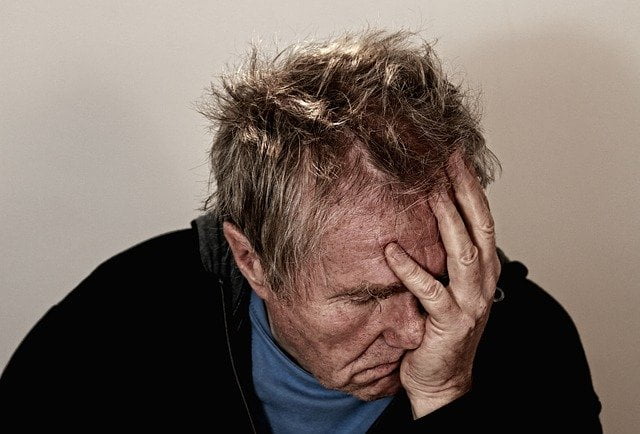
Like with all medications, using cannabis comes with a host of possible negative effects.
Here is a list of common side effects related to the use of cannabis.
Psychological side effects of cannabis include:
- Changes in memory (finding it hard to remember things, or form new memories)
- Struggling with problem-solving
- Hallucinations (seeing, hearing, smelling, feeling, or tasting things that are not there)
- Delusions (holding irrational false beliefs)
- Psychosis
- Feeling as though time is moving differently
- Feeling as though your senses have changed (either significantly heightened or decreased)
- Impaired brain development (in teen users)
- Cognitive impairment
- Anxiety
- Depression
- Panic attacks
- Suicidal thoughts
Physical side effects of cannabis include:
- Cannabis poisoning
- Chest pain
- Increased heart rate and blood pressure
- Respiratory depression
- Vomiting and nausea (in extreme cases, cannabinoid hyperemesis syndrome (CHS)
- Bloodshot eyes
- Feeling hungry ‘the munchies’
- Poor coordination
- Reduced fine motor skills
- Increased reaction time
- Dizziness
- Some links to cancer
How to Reduce Your Risk

Although using any drug carries its own dangers, there are ways of reducing the risk and keeping yourself safe.
1. Seek advice from a healthcare provider
If you are considering a CBD product for medicinal purposes, it is always best to speak to a medical professional first.
They can advise you on what treatment may be best for your condition, and perhaps guide you to a source that is more reliable and trustworthy.
2. Follow UK Law and Legislation
In the UK using cannabis, either as medicine or for recreational purposes, is illegal.
This means that if you wish to use cannabis products for health purposes, it is best to ensure you know the current laws on CBD and make sure any product you buy abides by them.
Make sure to research providers to make sure that they are trustworthy.
However, there is always a risk with purchasing medications online, so always speak to your appropriate medical professional for help.
3. Seek Help
If you find that you are relying on cannabis – in edible or other forms – you may be experiencing a dependency.
Research has shown that cannabis can be linked with poor mental health, as well as other potential physical health issues.
By reaching out to access support, you can help to keep yourself safe from possible adverse reactions to edible cannabis products and seek professional support for ailments or addiction.
Am I Addicted to Cannabis?

If you or a loved one are experiencing any of the following, there is a chance that you are dealing with dependence or addiction to cannabis:
- Unexplained issues with physical or mental health
- Issues with relationships and social life
- Issues in your professional life and work relationships
- Issues in your school life, peer relationships and settings
- Issues with maintaining your household
- Issues with maintaining your own cleanliness and self-care
- Issues with money and financial obligations
Whilst most people consider cannabis to be a ‘less dangerous’ drug, it can still have very significant effects on your life.
Addiction to cannabis should be taken as seriously as dependence on any other addictive substance, and there are many forms of support available to give you the help you need.
Treatment for Cannabis Addiction

Different kinds of addiction treatment for cannabis use can include:
- Acceptance and Commitment Therapy
- Brief Interventions
- Cannabis Rehab
- Co-dependency Treatment
- Cognitive Behavioural Therapy (CBT)
- Contingency management
- Counselling
- Dialectical Behavioural Therapy (DBT)
- Family Therapy
- Group Therapy
- Holistic Therapy (Art Therapy, Music Therapy, Meditation, Mindfulness, etc).
- Individual Therapy (1-1 Therapy)
- Motivational Enhancement
- Motivational Interviewing
- Psychotherapy
- Twelve-Step Facilitation Treatment (TSF)
- Mutual support groups
Find Support Now

Addiction can feel like a lonely journey – but it is not one that you need to walk alone.
Every individual struggling with an addiction deserves support to help get them through.
By finding a way to communicate what you are going through, you can begin to build a support network around you.
With this network in place, you are in the best position to begin to heal with guided professional treatment from specialist addiction recovery providers.
If you are ready to access support for cannabis addiction, you can contact Rehab Recovery at 0800 088 66 86 or use the online form to request a call back from a member of our specialist team about accessing support at a local rehab centre.
If you are uncomfortable with speaking over the phone, you can use our free chat service at any time of day, to speak with a professional virtually.
You can begin your journey towards regaining control by speaking with a team of medical professionals all trained to know how best to help you.




